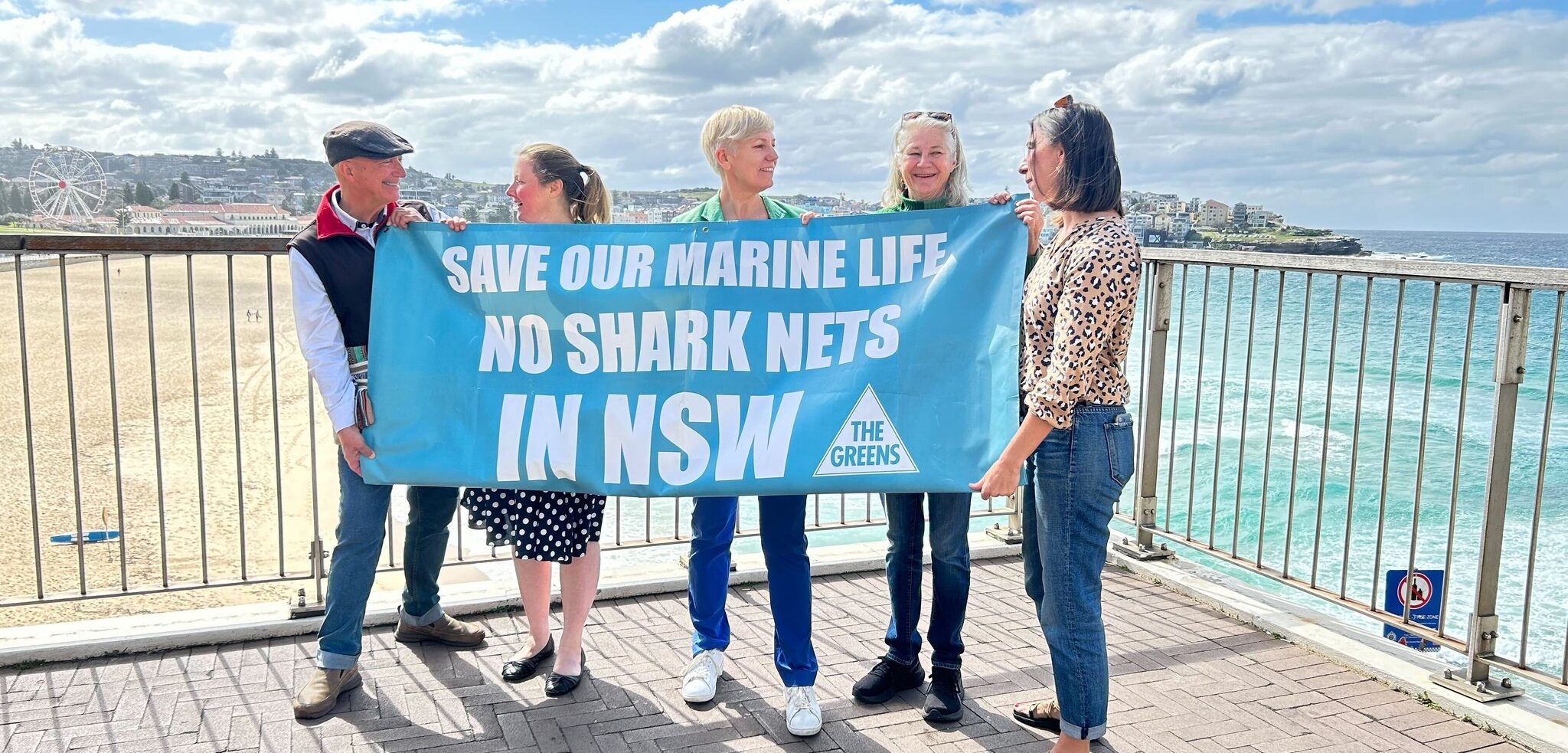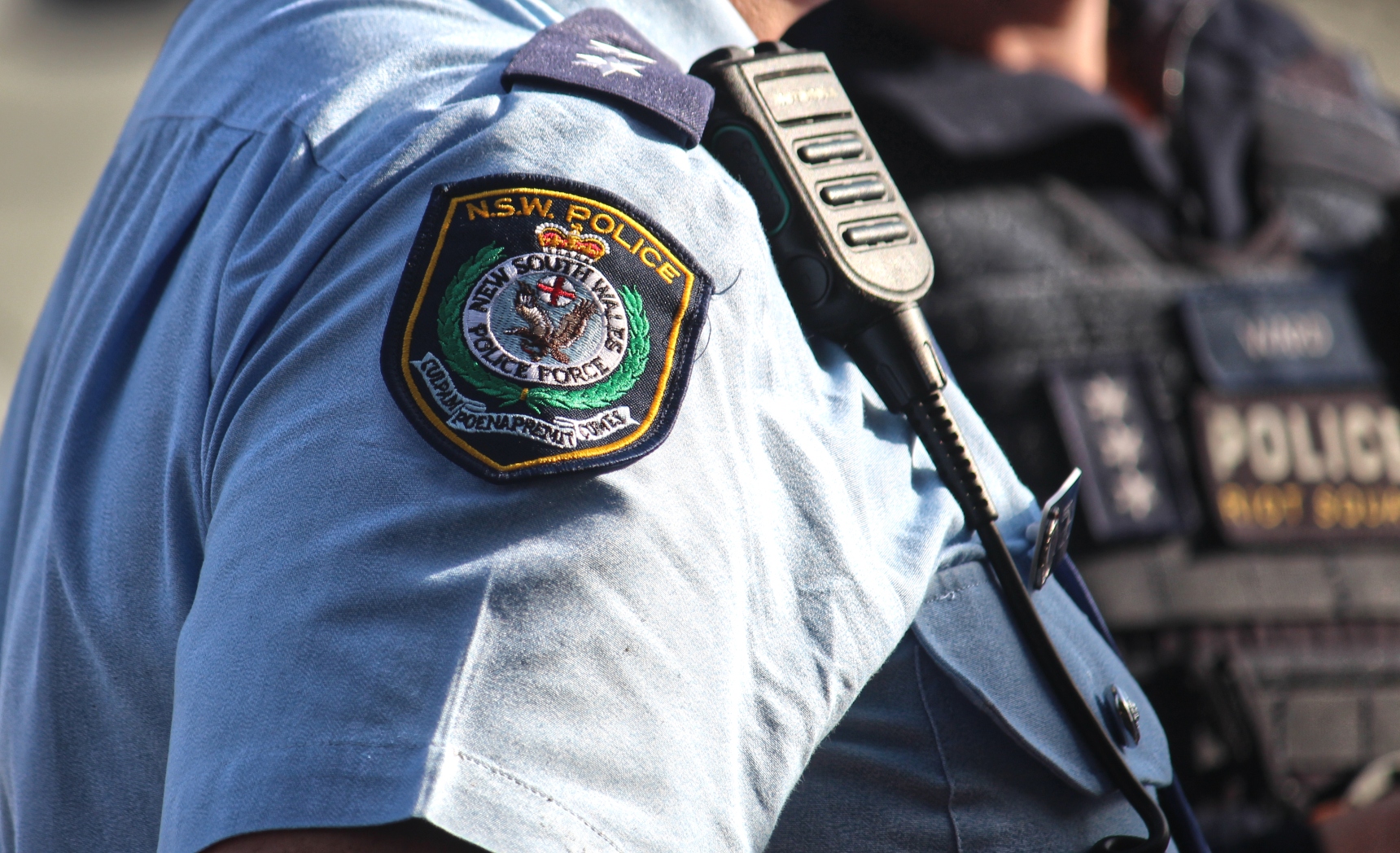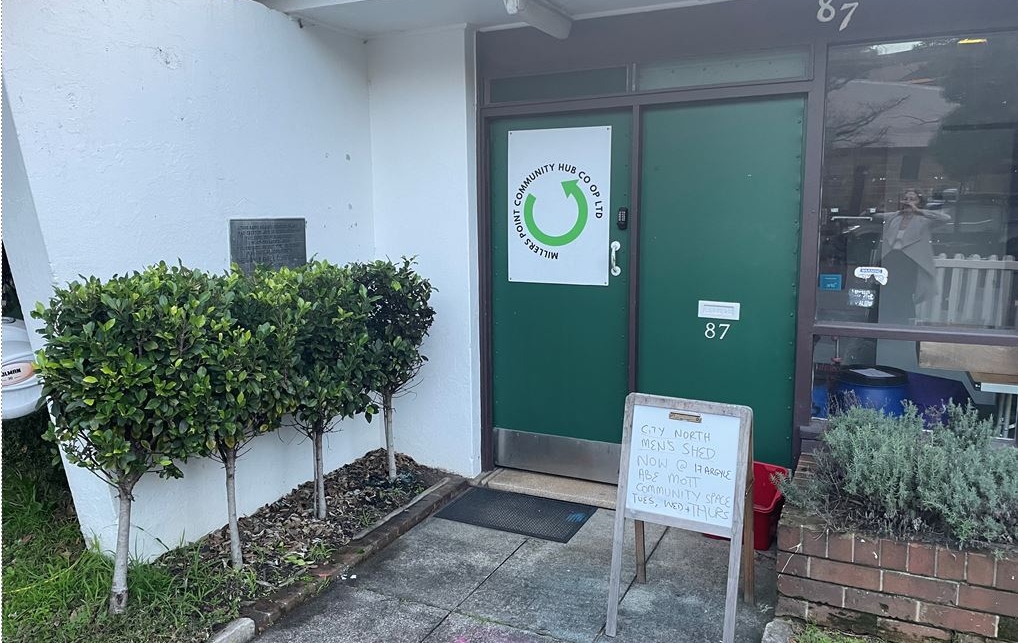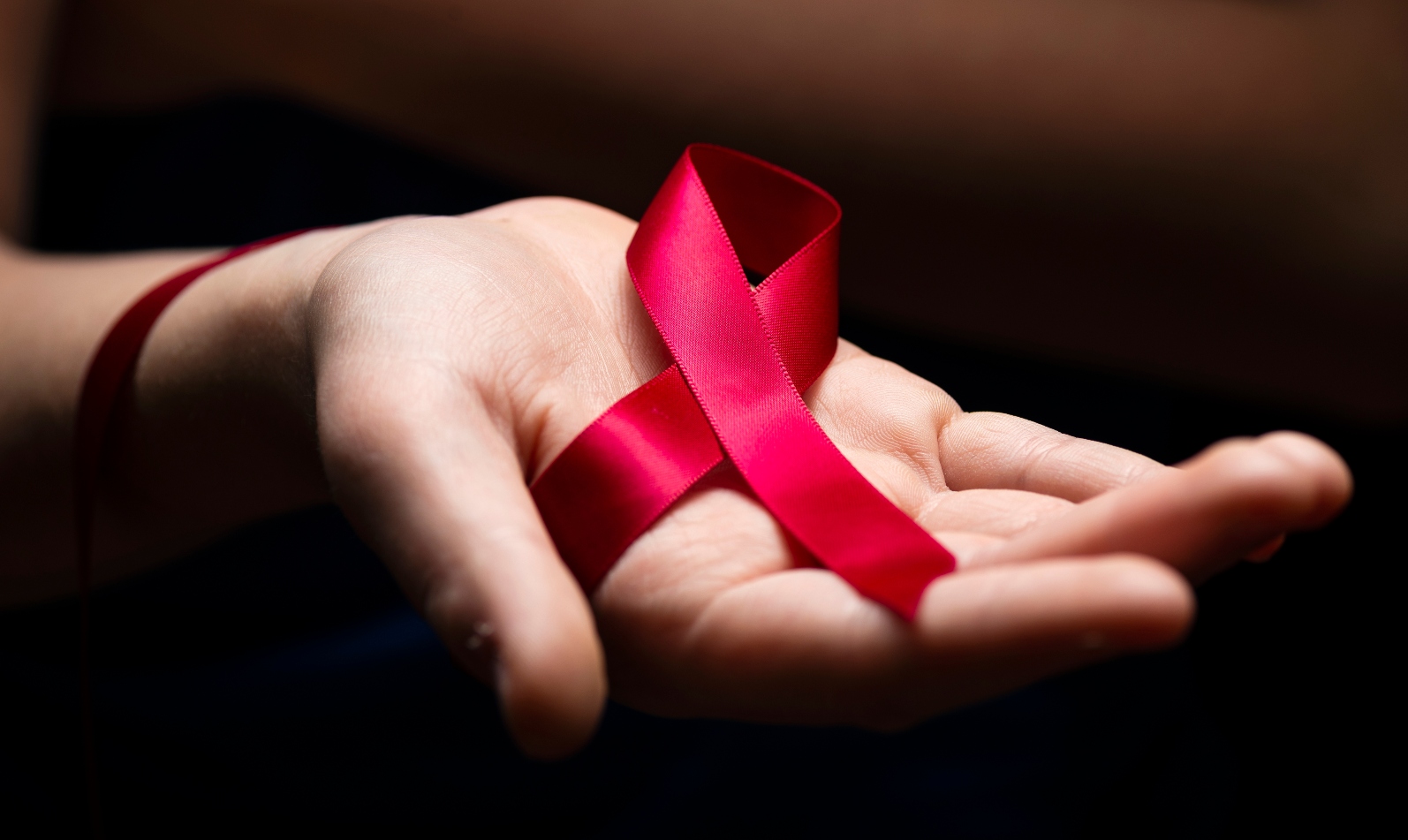

By JUSTIN COOPER
Environmental activists have renewed calls to end the use of mesh netting shark deterrence, following increasingly high numbers of marine life being killed from the program.
A new performance report from the NSW Government’s Shark Meshing Program has revealed over 228 animals were caught up in nets in the past year, with 123 various animal species dying as a result.
With many endangered or threatened animal species dying from the program, including turtles, dolphins and seals, environmental groups and minister have called for shark nets to be replaced with eco-friendly alternatives.
“Shark nets kill marine animals indiscriminately”
On Friday, over 51 beaches across NSW begun installing the shark nets.
Greens MP and Oceans spokesperson, Cate Faehrmann, joined activists and Greens member at Bondi Beach to protest against the netting program.
In a statement prior to the event, Faehrmann said that “Shark nets kill marine animals indiscriminately and do nothing to actually keep people safe.”
“For every 8 month period they are in our waters, hundreds of marine animals, many of them threatened with extinction, die.”
Detailing the netting process, which still leaves opportunity for sharks to bypass the nets, Faehrmann pointed out the impact of unsuspected marine life getting caught in nets.
“Shark nets belong in the last century. They provide people with a false sense of security with many sharks and other animals caught in the beach side of the net,” Faehrmann explained.
The MP is now calling upon the Minns Government to work with Local Councils to provide safer alternatives for deterrence, along with “education and awareness programs” for swimmers.
“It’s incredibly disappointing that proven alternatives like smart buoys and drones have not received enough investment and attention from the government,” said Faehrmann.
Marine groups call for alternatives
Since the performance report’s release, Marine groups including the Australian Marine Conservation Society (AMCS) and Sea Shepard Australia have called out netting for its in-effective use.
AMCS Shark Scientist, Dr Leonardo Guida, says “shark nets fail” at providing and evidence-based and effective means of shark deterrence. Guida says it is the “responsibility of our elected NSW leaders” to address the issues.
“Having a shark net in the water is like having a single strip of mesh no wider than your finger on a fly screen door and hoping to keep the flies out. If the NSW Government has and uses modern-day solutions that improve safety for humans and wildlife alike, the nets are utterly redundant,” Guida explains.
Threatened and Endangered Species Campaigner for Sea Shepard, Lauren Sandeman, says the report represents an “assault” on marine species.
“They’re catching anything but what they’re endeavouring to, and our ocean wildlife is paying the price,” says Sandeman
“19 Green Turtles and 16 Leatherback turtles were caught this season, tripping the trigger point for the program requiring that NSW take action to reduce the program’s impact on these species. The easiest way to do this would be to remove the nets entirely.”
Sea Shepard has suggested drone surveillance, shark listening stations, real-time shark management alerts and education programs as being “effective” and “scientifically supported” shark deterrence measures to replace the nets.









